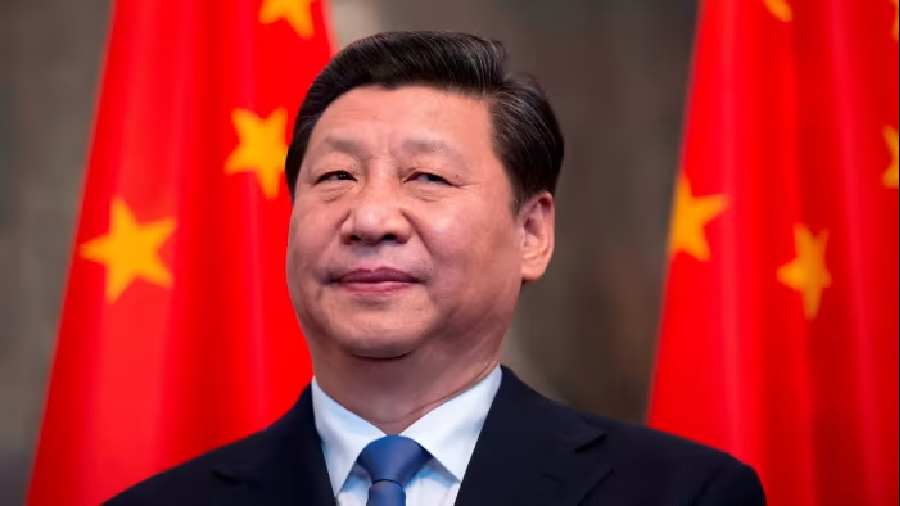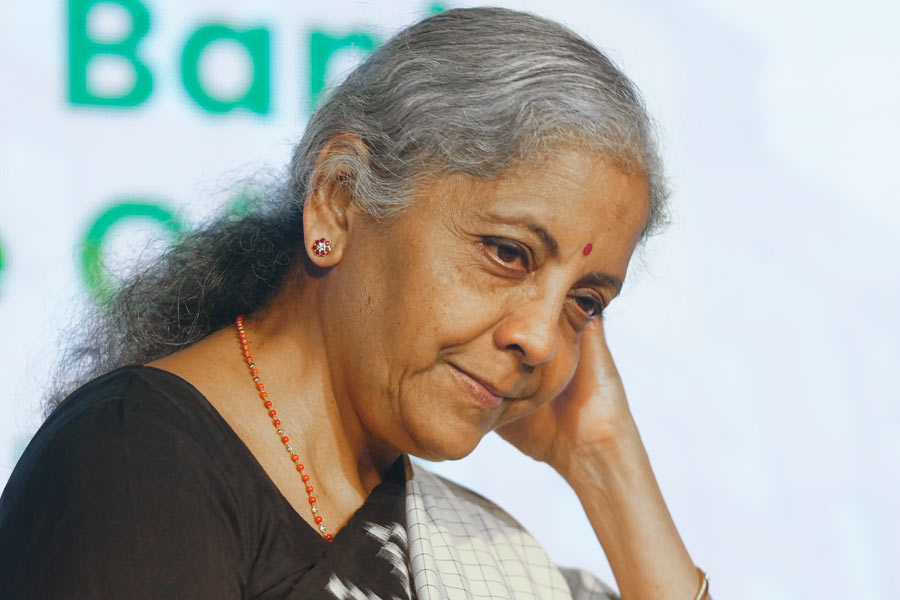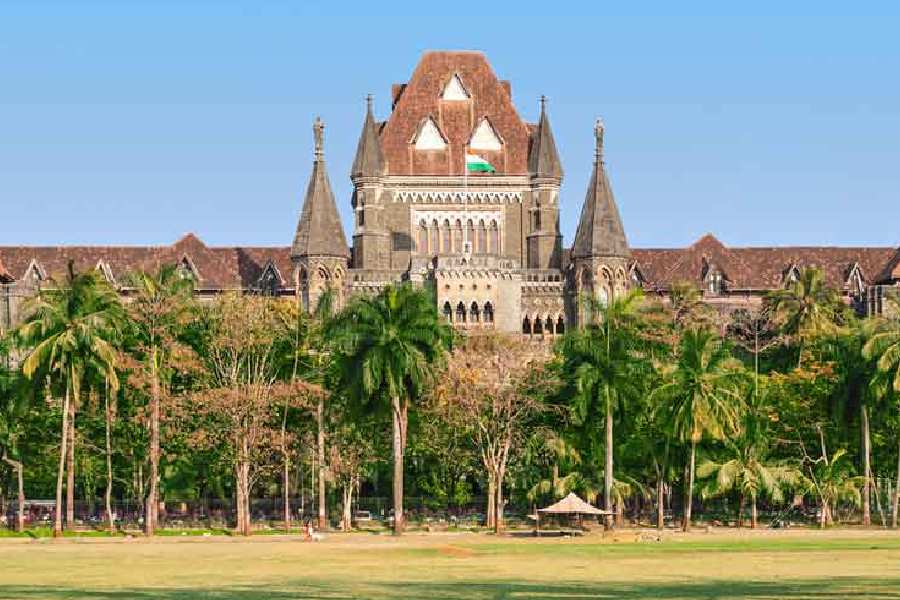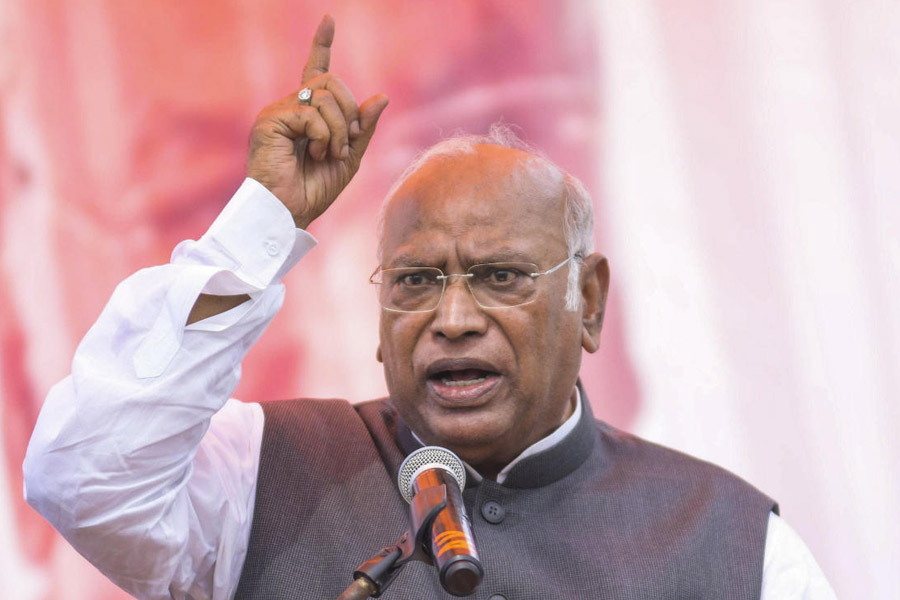China is on the boil. The country is witnessing large protests against continuing, harsh Covid-19 restrictions across cities on a scale and spread unseen in decades, posing the biggest challenge President Xi Jinping has faced in his long rule. From factory workers pushing back enforcers of restrictions on movement to students at one of Beijing’s premier universities and ordinary Shanghai residents chanting slogans against Mr Xi, these are scenes that are unusual in a country where public dissent is mostly not allowed. To be sure, Chinese people often try to register their protest — but they mostly rely on allegories and symbolisms to evade physical and online censors. What stands out about the current wave of protests is how people are matching creativity with fearlessness to make a statement. Students at Tsinghua University have flashed banners with the Friedmann Equation that describes the universe’s expansion. The name of the equation and what it stands for are being viewed as suggestive of messages of freedom and desire for movement. At the same time, the open calls for Mr Xi to resign, for the freedom of press and expression, and in support of Xinjiang — where Beijing is accused of brutally suppressing the local Uighur population — demonstrate that many Chinese are no longer willing to play coy in making their voices heard.
This could be a pivotal moment for China. Despite the slogans, the protests for the moment appear largely focused on the pandemic restrictions, which are part of China’s zero-Covid policy. Most protesters are not calling for an overthrow of the communist party’s rule. In fact, they represent a generation that has gained from China’s rapid economic gains in recent decades. Yet, the outpouring of dissent comes at a time when the broader economy is also sputtering — in no small measure because of the Covid-19 restrictions. So far, the Chinese government has neither cracked down harshly on the protesters nor addressed their grievances. By maturely acknowledging that restrictions might need to be relaxed and then following through on those promises, Mr Xi and his team could prevent the protests from expanding into larger calls for political change. If they refuse, China faces a possible repeat of the tense 1980s that culminated in the brutal massacre of protesters at Tiananmen Square. The path that Mr Xi chooses could shape his legacy and the future of China and its ruling communist party.











